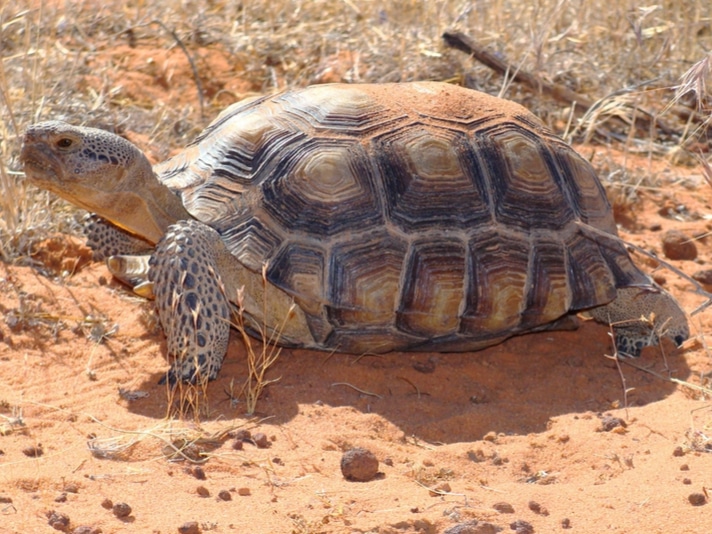Once in captivity, desert tortoises can no longer be released into the wild due to the potential for them to introduce disease to wild populations of tortoises.
If you are a resident of Phoenix, Bullhead City, Kingman, Prescott, Lake Havasu, Tucson or Yuma, Ariz., and would like to adopt a desert tortoise, the Arizona Game and Fish Department wants to hear from you. The department currently has about 50 desert tortoises available for adoption for residents and there is no charge to adopt one.

MATT JEPPSON/SHUTTERSTOCK
Once in captivity, desert tortoises can no longer be released into the wild due to the potential for them to introduce disease to wild populations of tortoises.
Those wanting to adopt a tortoise, which are of varying ages and sizes, must have a securely enclosed yard or secure enclosure in the yard that is free from potential hazards such as swimming pools, fire pits, or dogs. The enclosure must include a shelter that enables the tortoise to stay safe during the heat of the summer and the cold of the winter.
The tortoises available for adoption have either been surrendered to the department or were injured and brought in for care. Once in captivity, these reptiles can no longer be released into the wild due to the potential for them to introduce disease to wild populations of tortoises.
Desert Tortoise Adoption Application
Each tortoise is checked out by a veterinarian to ensure good health. For more information, visit the Arizona Game & Fish website.
Desert tortoises are protected throughout their range, which includes the Mojave and Sonoran Deserts in Southern California, to Arizona, Nevada and areas in Mexico. The tortoises grow to about 8 to 10 pounds and eat weeds and leafy weeds in the wild



